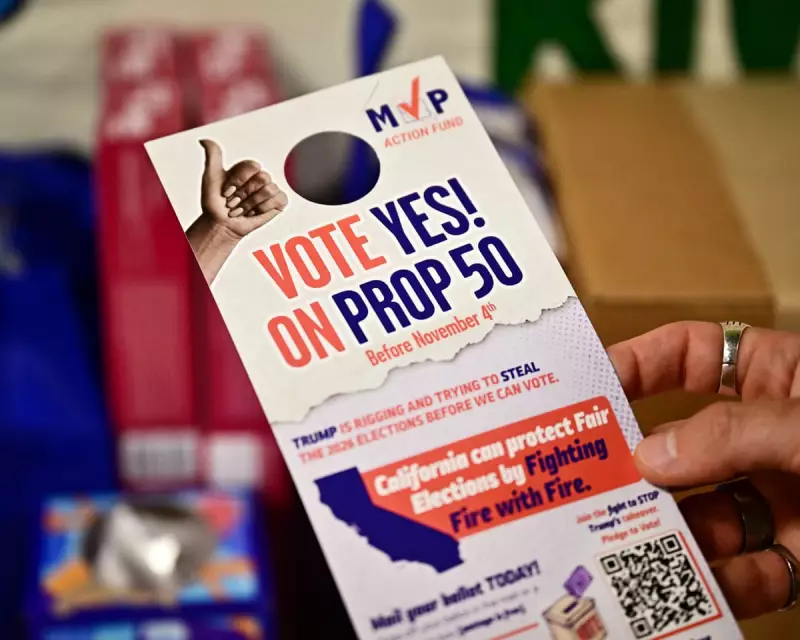
In what could become a watershed moment for American democracy, California stands at a political crossroads as Proposition 50 promises to tackle one of the most corrosive practices in modern politics: partisan gerrymandering.
The Silent War on Fair Representation
Across the United States, a quiet but devastating battle is being waged not at the ballot box, but in the map rooms where electoral districts are drawn. Political operatives have perfected the art of manipulating boundaries to create safe seats that effectively guarantee outcomes before a single vote is cast.
This practice, known as gerrymandering, has reached such sophisticated levels that in many districts, politicians essentially choose their voters rather than voters choosing their representatives. The result? A democratic system where competition dwindles and accountability evaporates.
California's Bold Solution
Proposition 50 represents the most comprehensive attempt yet to restore integrity to the electoral process. The measure proposes establishing an independent citizens' commission with clear, non-partisan criteria for drawing district lines.
Unlike current systems where politicians often have the final say on their own constituencies, this new approach would prioritise:
- Keeping communities of interest together
- Respecting natural geographical boundaries
- Ensuring competitive elections where possible
- Completely removing partisan considerations from the process
Why This Matters Beyond California
While the battle is playing out in California, the implications are national. As one of America's largest and most diverse states, California often serves as a political laboratory for reforms that eventually spread across the country.
Success here could inspire similar movements in states where gerrymandering has created deeply unrepresentative legislatures. Failure, however, might embolden those who believe political advantage should trump democratic principles.
The Opposition's Concerns
Not everyone is celebrating the proposed reforms. Critics argue that removing political considerations entirely could lead to unintended consequences, including the potential dilution of minority representation. Some political operatives defend the current system as a legitimate exercise of political authority.
Yet voting rights advocates counter that when district lines are drawn primarily to protect incumbents or party majorities, the very concept of government by the people becomes compromised.
A Nation Watches and Waits
As the vote approaches, political observers across America are watching closely. The outcome of Proposition 50 could signal whether American democracy is capable of reforming its most self-destructive tendencies or whether partisan interests will continue to override the fundamental principle of fair representation.
What happens in California won't stay in California—it could determine the future of democratic integrity across the United States for generations to come.





